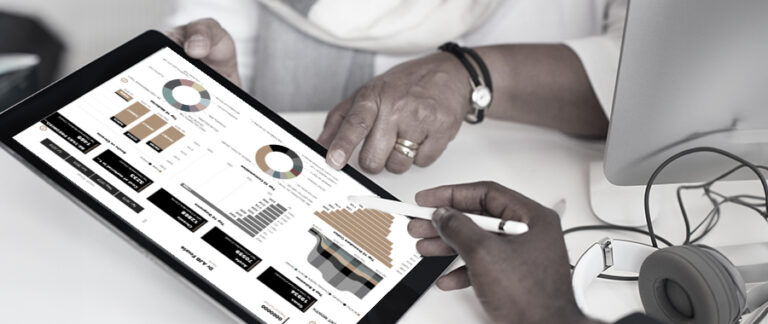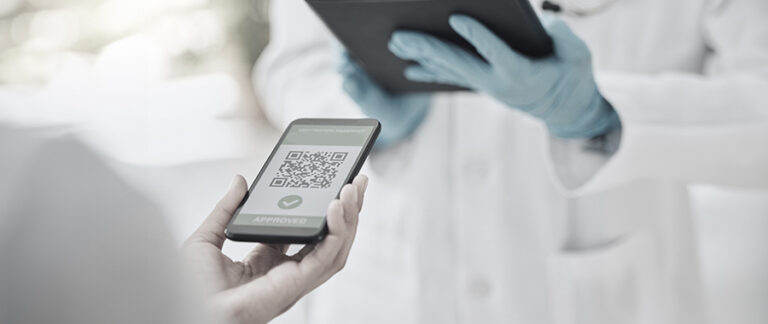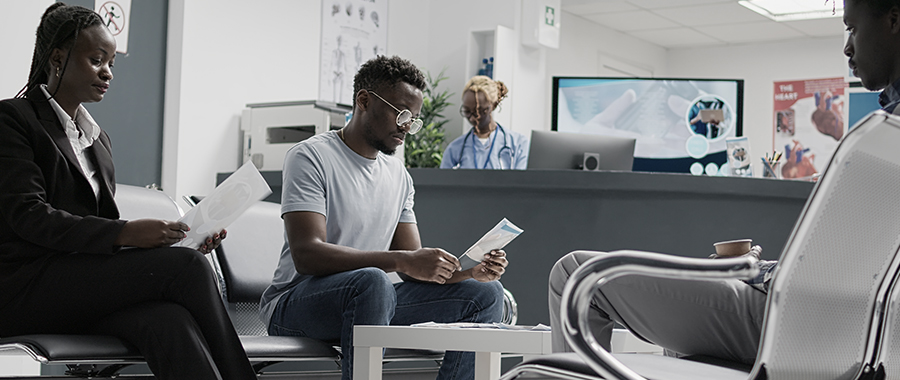Clinical software
Experience effortless access to electronic patient files during consultations with our clinical cloud-based EMR options. It seamlessly integrates with billing & is crafted in collaboration with medical professionals. It combines intuitive design with streamlined functionality, prioritising ease of use and efficiency to meet the needs of healthcare providers seamlessly.
Healthbridge Clinical
Designed for general practitioners & specialists:
Empower your healthcare practice with our clinical software. Easily manage all your patient files, clinical notes, pathology reports, sick notes, prescriptions, referrals prescribed medicines & so much more digitally.
Clinical Notes
Designed for allied professionals:
An all-in-one clinical note solution designed for allied professionals to deliver better patient care while running a good business. Manage your patient scheduling, clinical notes, medical billing, Telehealth, reports & so much more.
Alchemed
Tailored to orthopaedic surgeons:
Software that integrates seamlessly with the Surgeon’s Clinical workflow to ensure that all practice processes interact efficiently, providing certainty to your day.
MxNode
Tailored to anaesthetists:
An intelligent, cloud-based clinical software designed to make the complicated world of anaesthetic medical billing & clinical coding easier, faster & more accurate.
Value-added services
Innovative product add-ons to enhance your Healthbridge experience.
Healthbridge has partnered with Retail Capital to offer our clients bespoke, unrestricted funding solutions
Send customised notifications, reminders, birthday wishes & alert text messages to all your patients.
Elevate your practice & better decisions with tailored financial, operational & clinical reports.
The simplest telemedicine software solution to use for video & telephonic consultations with your patients.
Clinical software FAQ
What is clinical software?
Clinical software enables healthcare providers to maintain digital records of patient health information, including medical history, diagnoses, medications, allergies, and treatment plans. This promotes easy access to patient data, facilitates collaboration among healthcare providers, and reduces the reliance on paper records.
What is the purpose of clinical software?
The purpose of an clinical software is to have all the right patient information available & accessible quickly & reliably, from any location. An EMR / EHR facilitates this by easily summarising patient data to highlight important information (such as allergies & conditions) & clinical trends. In summary, the purpose of clinical software and EMRs / EHRs is to improve patient care by giving the treating doctor – or doctors – relevant data, in a structured manner that will enhance their care decisions.
What are the main benefits of clinical software?
Clinical software or Electronic Medical Records (EMR) enable healthcare providers to maintain digital records of patient health information, including medical history, diagnoses, medications, allergies, and treatment plans. This promotes easy access to patient data, facilitates collaboration among healthcare providers, and reduces the reliance on paper records. Key features of clinical software include:
- Practice Management
- e-Prescribing
- Decision Support Systems
- Telemedicine Integration
- Interoperability
- Imaging and Diagnostic Tools
- Mobile Accessibility
What happens to your electronic medical records when you leave your software partner?
A good question to ask when choosing a system is what happens if I want to leave the practice? A good EMR, who has the patient and doctor’s best interests at heart & the legalities around storing patient files, should at least allow that doctor to access those records for the stipulated amount of time.
Is clinical software integrated with medical aid schemes?
The good ones are. Clinical software that is integrated & can immediately send a claim through, will save a practice a lot of time & effort. So, if it can convert the clinical encounter into a claim & give practices the option of submitting it straight to the medical schemes, you have a better chance of collecting payment before the patient leaves the practice.
Given that there are so many clinical software options, how do you go about finding the right one for my practice?
It’s always best to look for a solution that has been designed specifically for your speciality.
Look for a local solution. International solutions have features and even healthcare terminologies that we don’t use or need in South Africa and it just adds clutter and complexity to the system or a medical practice. Look for a system that integrates the admin and billing side of your practice. You want to be sure that your clinical information can be converted to billing information without duplicating effort or needing to sign in and out of systems to manage patients and your practice. And bear in mind that good clinical software brings benefit to the admin person too – not just the doctor.
How safe is my clinical software data?
Digital security is actually a lot safer than physical security. For example, there’s no way of knowing when a paper file goes missing, unless maybe when you need it & can’t find it. That doesn’t happen with electronic records. It’s similar to internet banking – initially it was met with caution and uncertainty, but I think most people would agree that it’s safer to pay for something electronically than to manually draw & carry cash from an ATM.
So how safe is your data? It’s actually safer than having it on paper. And as a doctor, it reduces your risk that are the result of misplaced files, unauthorised access, missing information, incomplete or incorrect information
How do I know if a clinical software is POPI compliant?
The most direct route is to ask the solution provider the question but it’s actually more than a simple yes or no. Some good questions to ask are: what steps are you taking to remain POPI compliant? How are you staying abreast & ahead of the latest security challenges & risks? Bearing in mind that security goes much broader than POPI compliance
Get in touch
Please complete your details below and a Business Consultant will contact you within 24 working hours.









